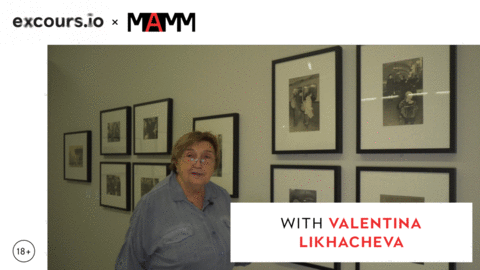In a nutshell
The exhibition serves as a poignant exploration of the pervasive and often absurd censorship that defined Soviet culture over 70 years. By navigating through the Russian alphabet—from the arrest of manuscripts to the Yauza tape recorder and the underground phenomenon of magnitizdat—visitors will uncover a narrative rich in both cruelty and resilience. Each letter unveils stories of meticulous scrutiny and cold repression, highlighting the complex interplay between censorship and state security, while also showcasing remarkable acts of civil defiance against artistic oppression. Enhanced by an array of documents, media, and artifacts, this exhibition invites you to explore the hidden layers of Soviet history and the power of creative expression that endeavored to resist the “red pencils” of authority.
Why should you watch this?
Being familiar with censorship practices is crucial in today’s increasingly polarized society, where issues of free speech and artistic expression are under threat globally. In an era marked by social media scrutiny, fake news, and governmental overreach, understanding the historical context of censorship serves as a stark reminder of the fragility of our rights and liberties. This exhibition resonates with contemporary struggles against misinformation, the suppression of dissent, and the erosion of trust in media and government institutions. By delving into the past, viewers gain insights into the tactics used to stifle voices and the importance of civil resistance. Thus, this tour becomes not just a historical observation, but a call to action, encouraging us to safeguard freedom of expression and advocate for a culture where diverse narratives can flourish without fear of repercussion in our modern landscape.
Curator
Marina Savranskaya
Bio
Marina Savranskaya is a renowned philologist, writer, and curator, specializing in Soviet censorship. Over the years, she has played a key role in extensively researching censorship practices that were prevalent in the USSR, delving deeply into historical records and documents to uncover the nuances of these practices. Through her efforts, she has successfully showcased these critical findings and insights to modern audiences, shedding light on a significant yet often overlooked aspect of history. Currently, Marina serves as an independent researcher while also holding the position of academic secretary at the Bulgakov Museum in Moscow, where she contributes her expertise to the preservation and interpretation of literary and cultural artifacts.
Scholar
Irina Shcherbakova
Bio
Irina Shcherbakova is a Germanist and historian focused on oral history, totalitarianism, and the politics of remembrance in Russia. In the late 1970s, she began recording interviews with victims of Stalinism and studied KGB archives from 1991. Shcherbakova has contributed to journals like Sowjetliteratur and Nezavisimaya gazeta and held fellowships at the Wissenschaftskolleg in Berlin and the Institute for Human Sciences in Vienna. She worked with the Nobel Peace Prize-winning Memorial organization until its ban in 2022 and managed the student competition Man in History. Russia in the 20th Century. A board member of the Buchenwald Memorial, she has received several awards, including the German Federal Cross of Merit and the Marion Dönhoff Prize for International Understanding and Reconciliation in 2022. Since 2010, she has been an Honorary Member of the ZfL.

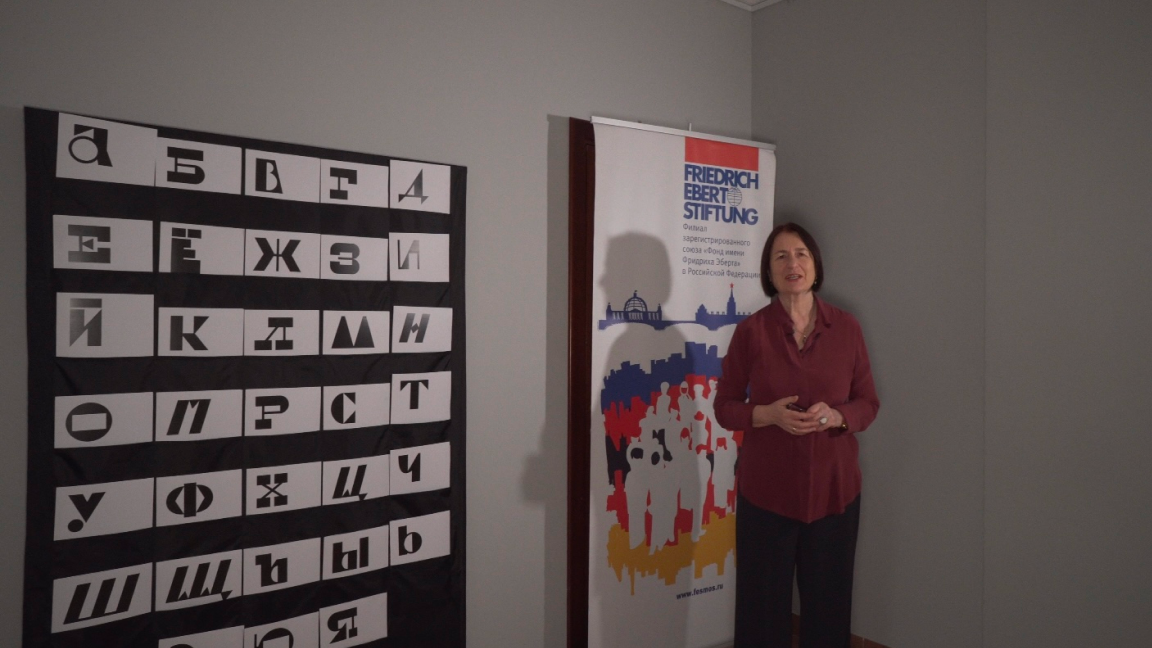
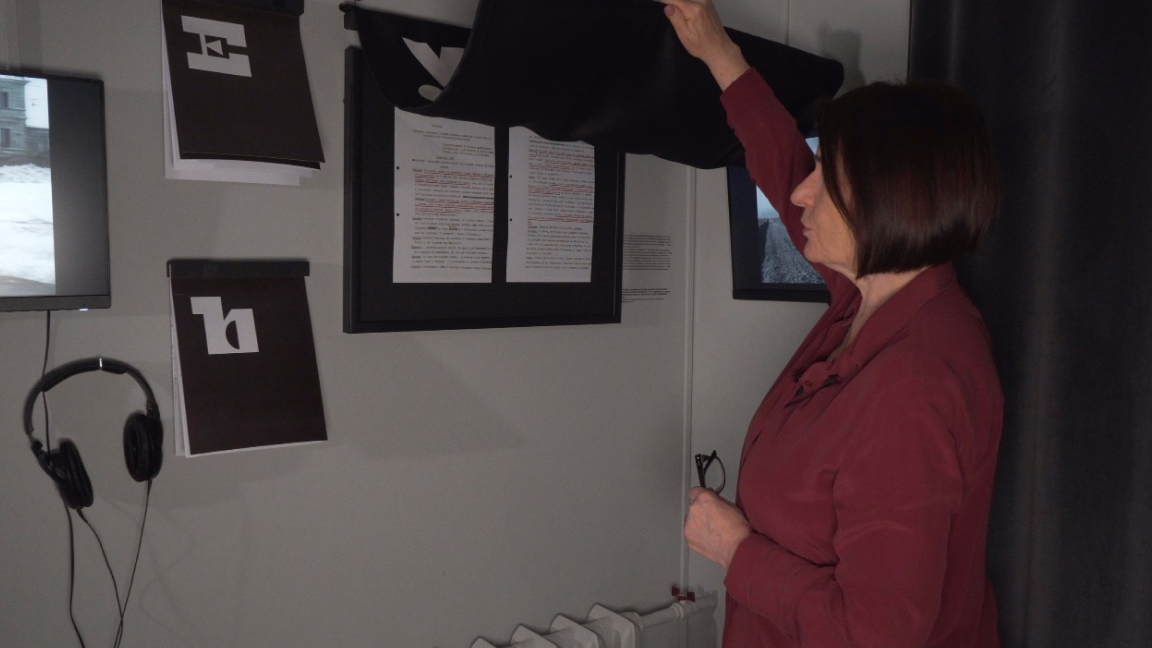
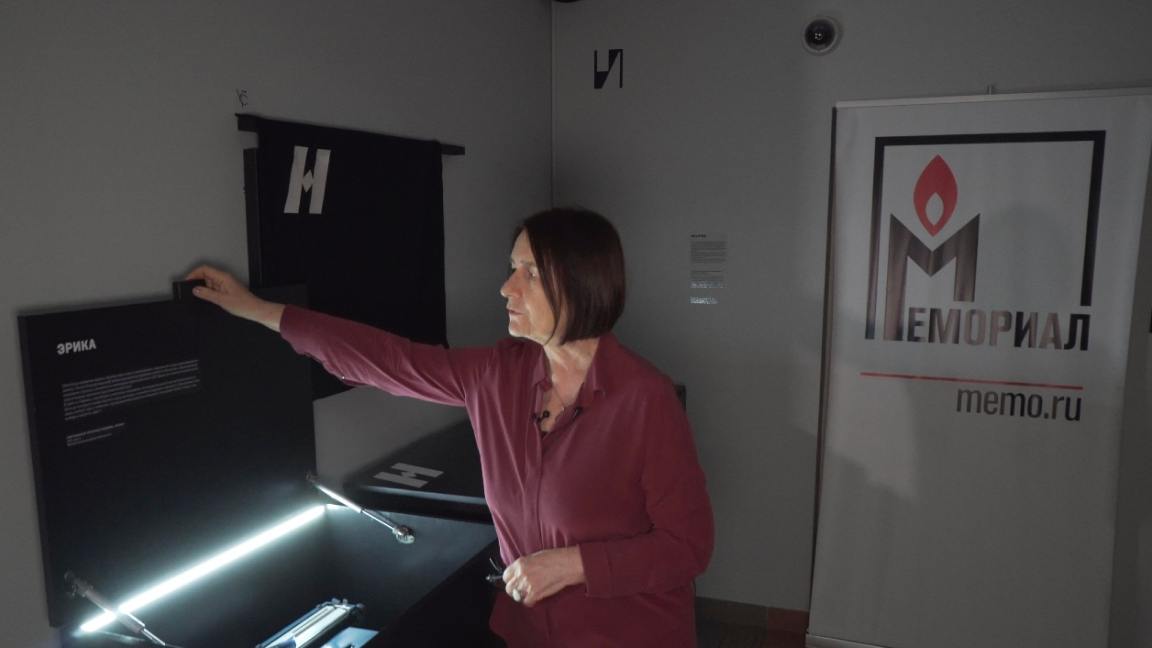
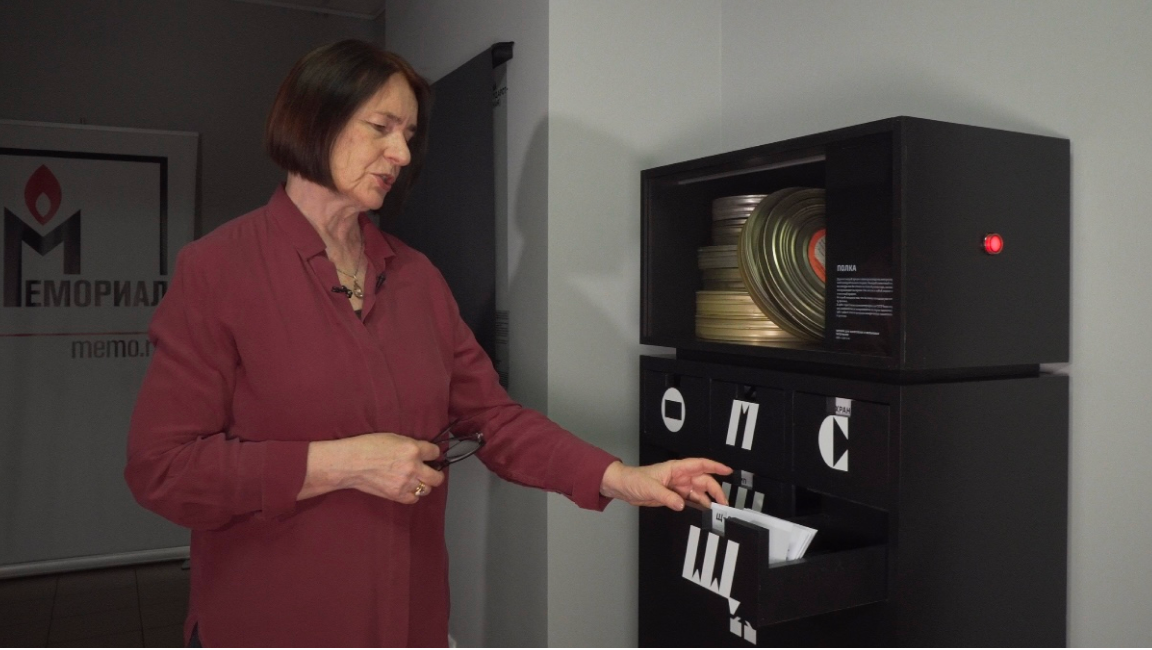
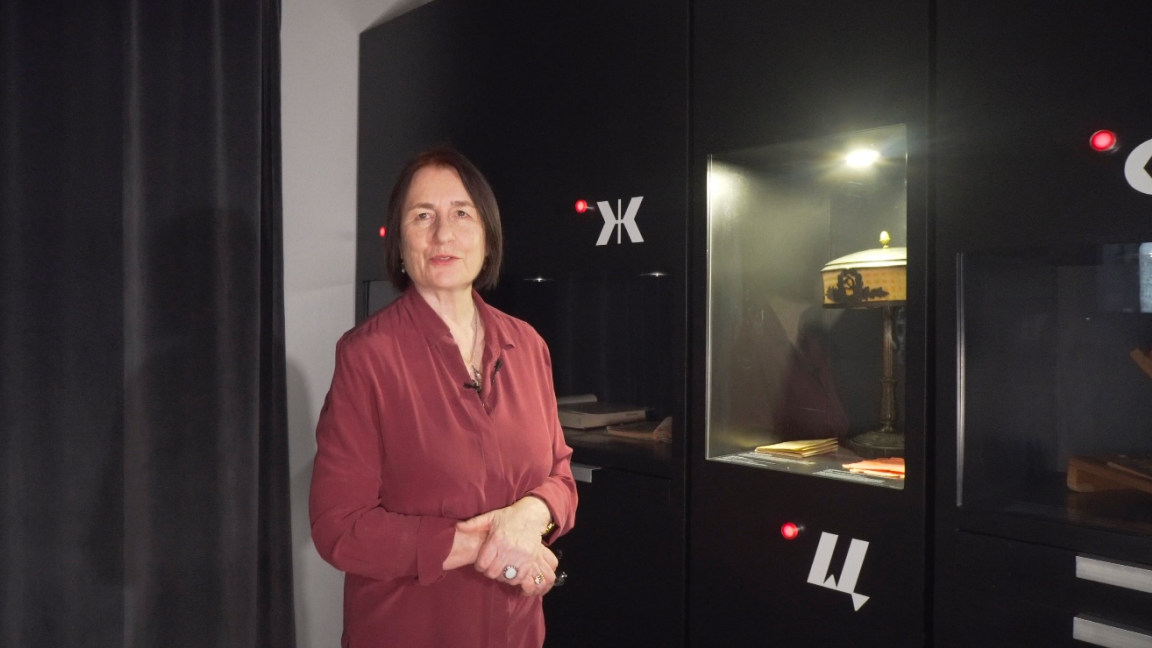
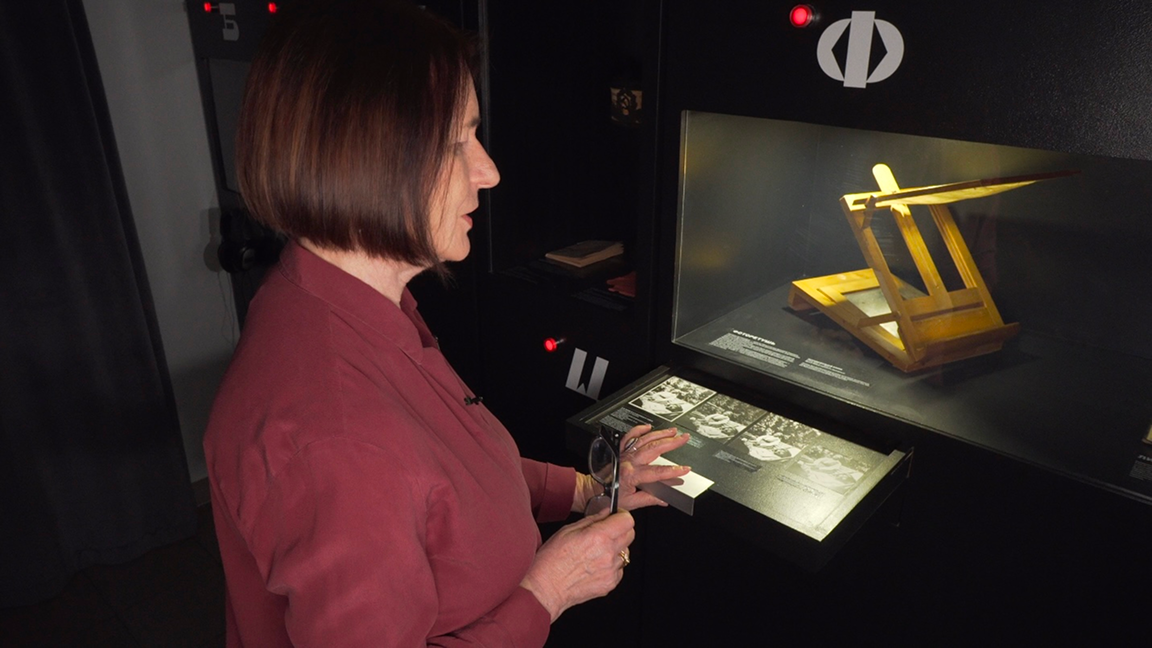
 English, Russian
English, Russian
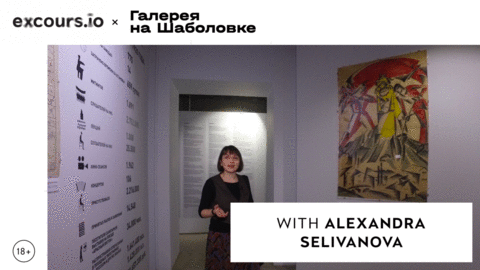
![Tobias Zielony. Maskirovka [Concealment] Tobias Zielony. Maskirovka [Concealment]](https://cloud.excours.io/film-previews/tobias-zielony.gif)
